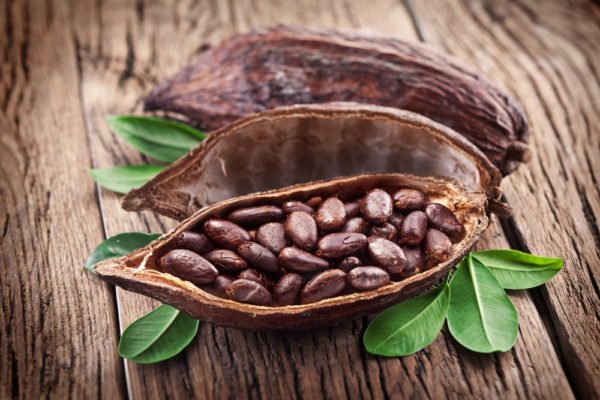Inside BENEO’s new pulse plant: pioneering sustainable protein from faba beans
With the use of barcoded cocoa bags and digital Cooperative Management Systems (CMS), 50 percent of sustainable cocoa beans in the global direct supply chain are now traceable from farm-to-factory
Food and beverage manufacturers and their consumers care more than ever before about the standards behind the things they buy, including cocoa.
That’s why Cargill is committed to a transparent and sustainable supply of cocoa, which includes improving the lives of farmers and their communities in the five origin countries from where it directly sources cocoa – Brazil, Cameroon, Côte d’Ivoire, Ghana and Indonesia.
The highlights of its latest efforts and the progress made are captured in the Cargill Cocoa & Chocolate 2018-2019 Sustainability Progress Report.
”This sustainability progress report highlights how Cargill uses technology to connect every dot in the cocoa supply chain. Maximum transparency in the cocoa sector is critical for making real progress on sustainability. It not only helps cocoa farmers, their families and communities prosper, but also helps protect our planet. I am confident that working with our partners we can continue to make great strides in achieving a thriving cocoa sector,” said Harold Poelma, president of Cargill Cocoa & Chocolate.
Digital tools are providing cooperatives and cocoa farmers with information, such as digital farm development plans and market insights, to help improve their farming practices.
In addition, the digital tools serve as a means to communicate with farmers during a crisis, such as the coronavirus pandemic. Cargill’s digital farming tool is amplifying government safety and sanitation messages to help curb the spread of the virus in farming communities. Voice messaging is also used to reach ten thousand farmers with this information in a variety of local languages.
Cargill sees digitization driving change across the entire cocoa supply chain. Utilizing the valuable information that is collected will inform on how to achieve the best impact on the ground. For this it has developed an extensive data platform that has more than 300 data points along the supply chain. Cargill also uses this data to inform customers through an interactive customer portal about how collaborative sustainability programs are benefiting farmers and their communities.

